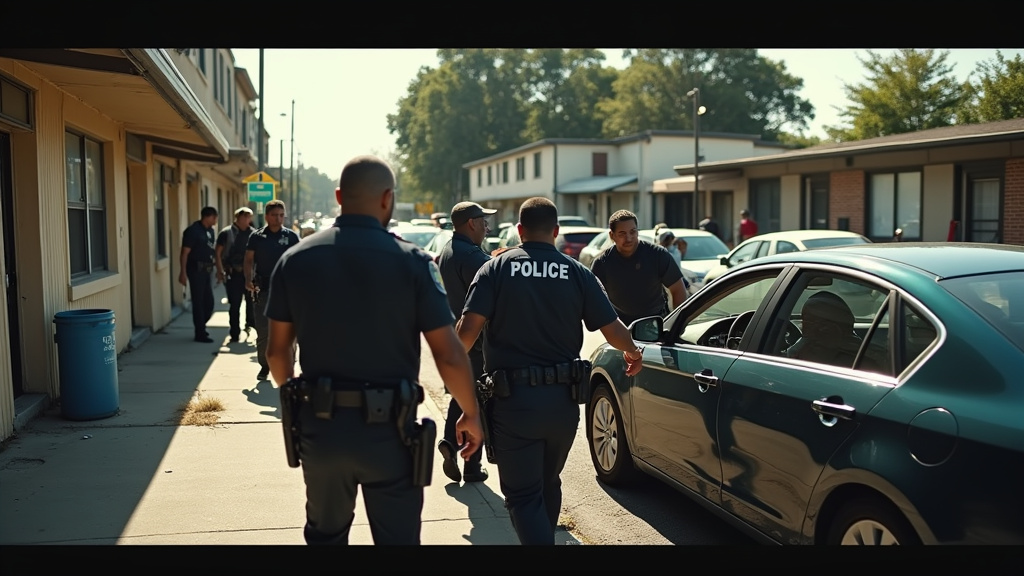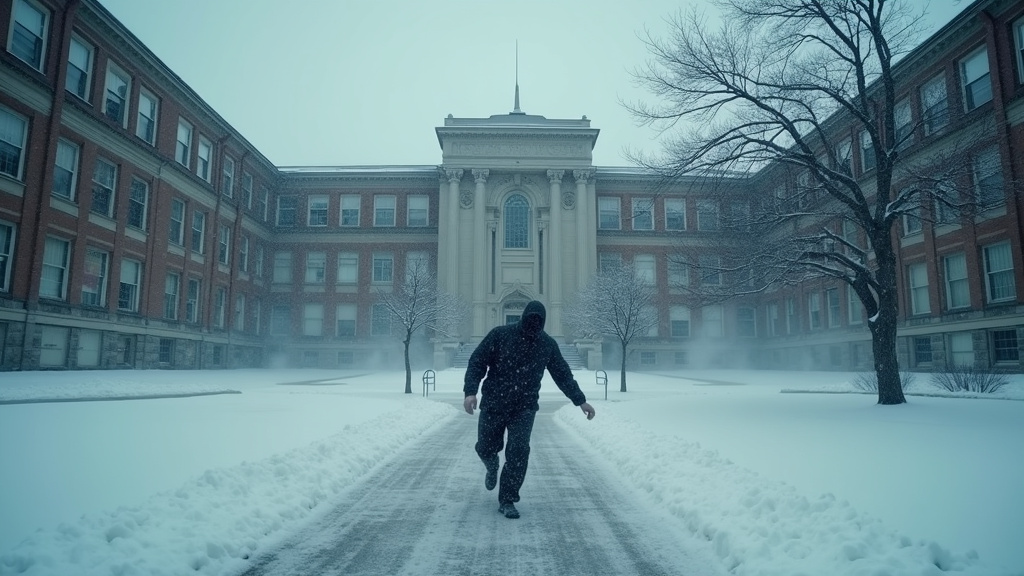CHICAGO – The city of Chicago is confronting a daunting financial future, grappling with a projected $1.15 billion budget deficit for 2026 and a $146 million shortfall for 2025. These significant fiscal challenges come as the City Council has overwhelmingly approved a landmark $90 million settlement to resolve hundreds of lawsuits tied to disgraced former police Sergeant Ronald Watts and his officers. This substantial settlement is part of a broader, ongoing concern over the escalating costs of police misconduct, which has cost Chicago taxpayers hundreds of millions of dollars in recent years.
The Weight of the Watts Settlement
The $90 million settlement addresses 176 lawsuits brought by individuals who claim they were wrongfully convicted due to fabricated evidence and misconduct orchestrated by Sgt. Ronald Watts and his unit between 2003 and 2008. These cases have resulted in nearly 200 people collectively spending close to two centuries behind bars. With the City Council’s approval, this deal marks the end of one of the most extensive police misconduct scandals in Chicago’s history. The total financial burden associated with Watts-related litigation has now climbed to approximately $126.8 million, encompassing previous settlements and legal defense expenses.
Deepening Budgetary Concerns
Beyond the immediate settlement costs, CHICAGO is staring down a formidable budget gap for 2026. The projected $1.15 billion deficit is attributed to a confluence of factors including declining revenues, increased personnel costs, and substantial pension obligations. To bridge this chasm, city officials are exploring a range of options. These include potentially implementing inflation-indexed property tax hikes, extending hiring freezes, and instituting furlough days for city employees. A task force has put forth roughly 90 recommendations, touching upon everything from increasing garbage fees to potentially utilizing more police drones, though some proposals, like property tax adjustments, have faced political headwinds. The city’s total expenditures have seen a significant surge, with massive pension bills and rising personnel expenses cited as primary drivers of this overspending.
Broader City NEWS Cycle Continues
Amidst these pressing fiscal and legal matters, the city’s NEWS cycle churns on with other significant developments. The City Council recently gave the green light for the approval of new hotels on the South Side, situated near the future Obama Presidential Center and the XS Tennis Center, signaling investment in developing areas of the city.
Tragically, the issue of gun violence remains a stark reality, as a woman was struck by a stray bullet while inside her home on the South Side earlier this week. This incident underscores the persistent safety concerns facing residents.
In other city announcements, a missing person report has been issued for Carlos Castellano Garces, 35, who was last seen on September 19, 2025, in the 5000 block of South Aberdeen Street.
Meanwhile, the city is embracing the autumn season with the Chicago Riverwalk hosting its annual Fall Fest. This event offers seasonal activities such as hayrides, a pumpkin patch, festive food and drinks, and live music, providing a community gathering space.
Additionally, updates are emerging regarding an audit of the city’s medical division, and City Council is engaged in mid-year budget hearings to assess the city’s financial health. These ongoing discussions and events paint a picture of a city actively navigating complex challenges while striving to maintain its operations and community life. The sheer volume of these diverse HEADLINE-worthy events highlights the dynamic and often multifaceted nature of governance in a major metropolis like CHICAGO.














